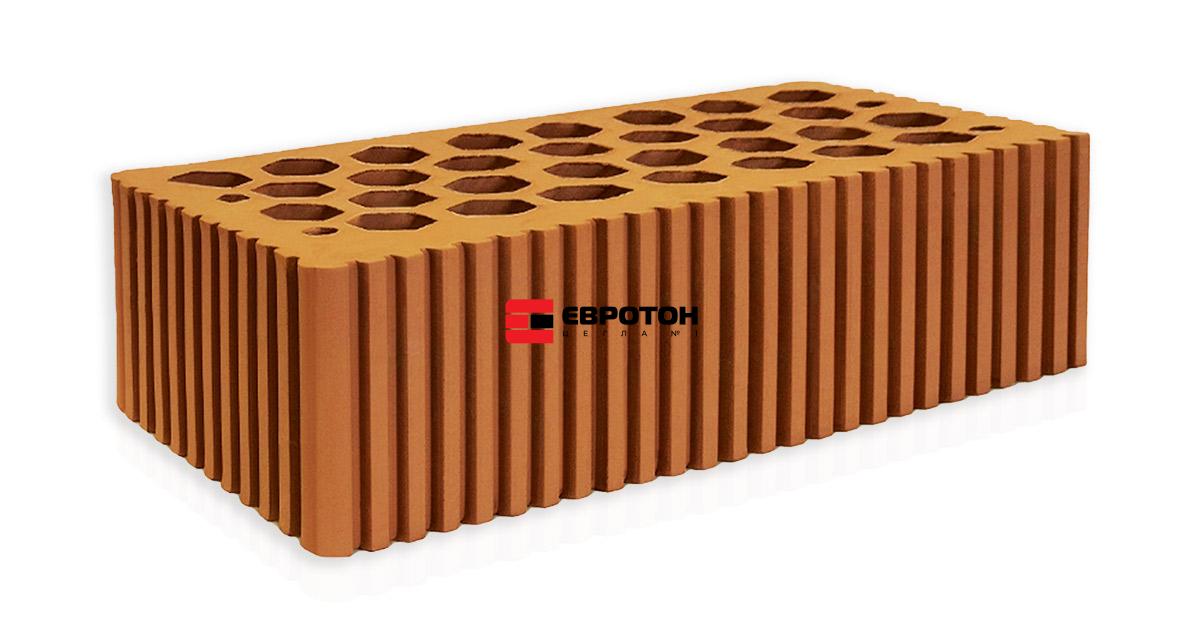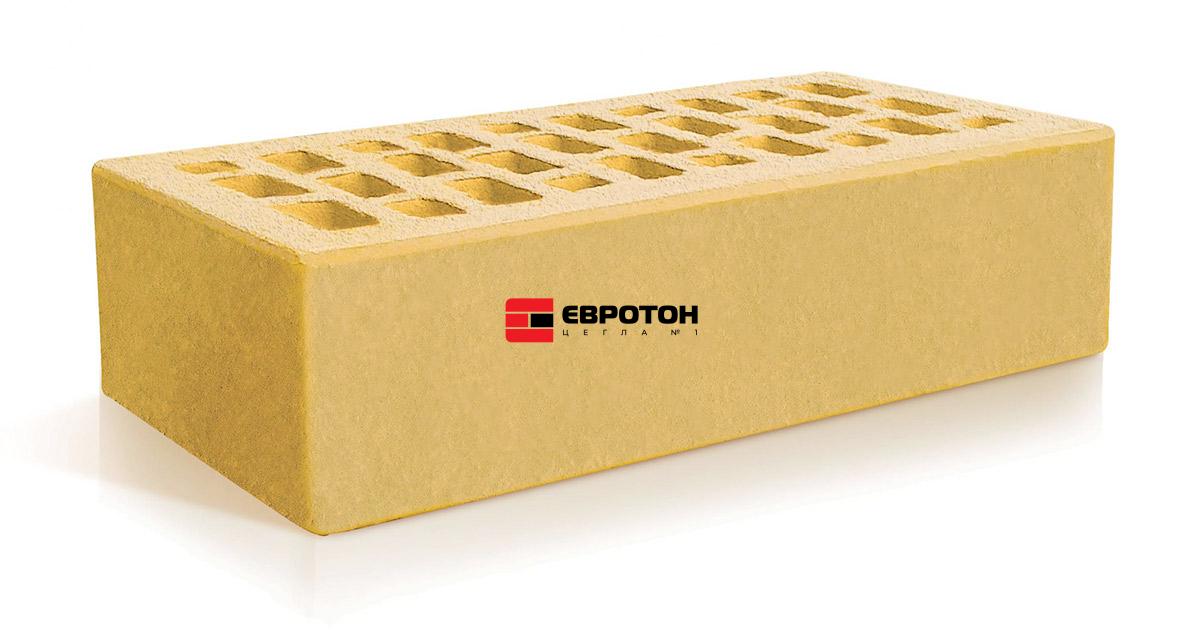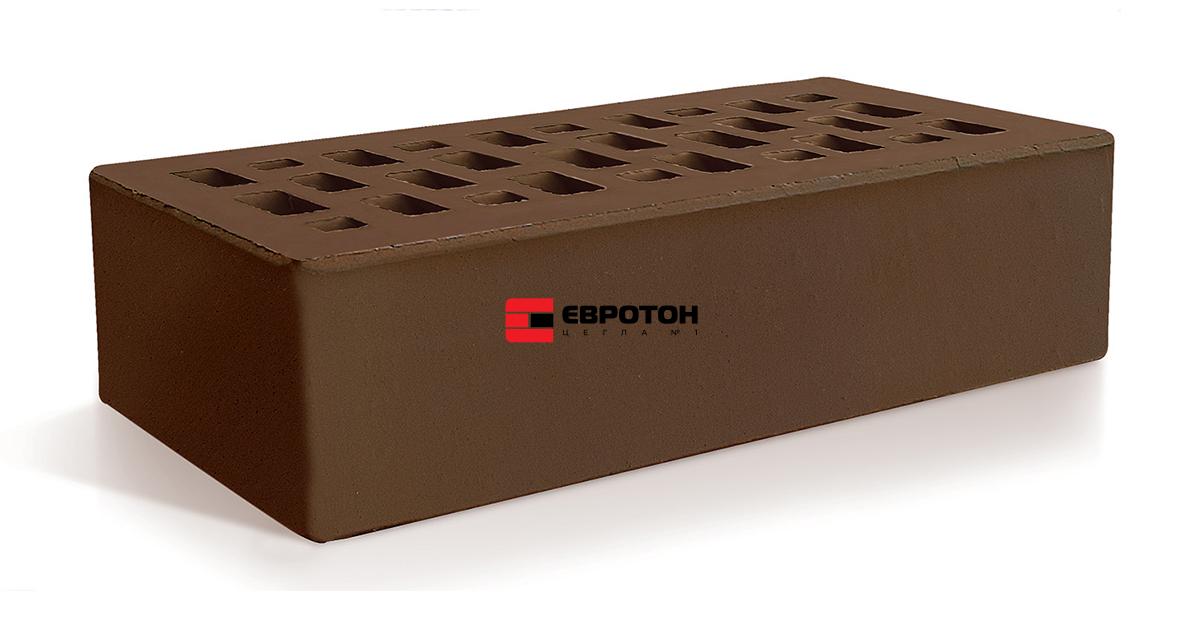Ordinary building ceramic bricks can be divided into two types – corpulent and hollow. Ceramic stone is made only hollow (hollow). Each type (hollow and solid) has both pros and cons.
Hollow brick and stone are characterized by the presence of rectangular, round, square or rhombic holes. The degree of porosity – from 13% to 45%. Hollow brick is lighter. The weight of the hollow ceramic brick is from 2 to 2.5 kg. Due to this weight, the weight of the structure is reduced, which in turn reduces the pressure on the foundation. Hollow brick also has higher thermal conductivity characteristics. Due to the voids, it retains heat well in winter and coolness in summer. The cost of hollow bricks is much lower than solid. Solid brick is stronger and has good thermal insulation. It also shows itself better in the face of high humidity.
We produce hollow bricks, thickened bricks 1.35 NF, stone 2.00 NF and stone 2.12 NF. Each type of brick has its own application. For example, ceramic bricks and thickened ceramic bricks 1.35 NF, are convenient to use in construction works. These bricks are light and oversized, allow you to work with both hands: one hand to take the brick, and the other to lay the solution. It is also much easier to adjust the thickness of the walls and use different types of masonry.
Ceramic stone 2.00 NF, 2.12 NF saves mortar and thus reduces the number of cold bridges in the masonry joints. Temporary costs for masonry are also reduced.
Our ordinary building bricks and stones have the shape of a rectangular parallelepiped, the surface of the product faces can be smooth (flat) or corrugated, the ribs are straight.
Thanks to the technical characteristics of ordinary building bricks, which are described in this article and in the articles “Determination of the characteristics of bricks”, “Name and designation of ceramic products”, we can say with confidence that our products have such advantages as:
- geometry;
- high strength;
- low water absorption;
- high frost resistance;
- excellent thermal conductivity;
- incombustibility;
- resistance to temperature changes (snow, rain, wind, sun);
- ability to resist the formation of fungus, mold and salt plaques;
- ease of use;
- and most importantly – the environmental friendliness of the material (made of natural clay without chemical additives).
The finished products of our plant are certified and meet all the requirements of regulatory documents.





